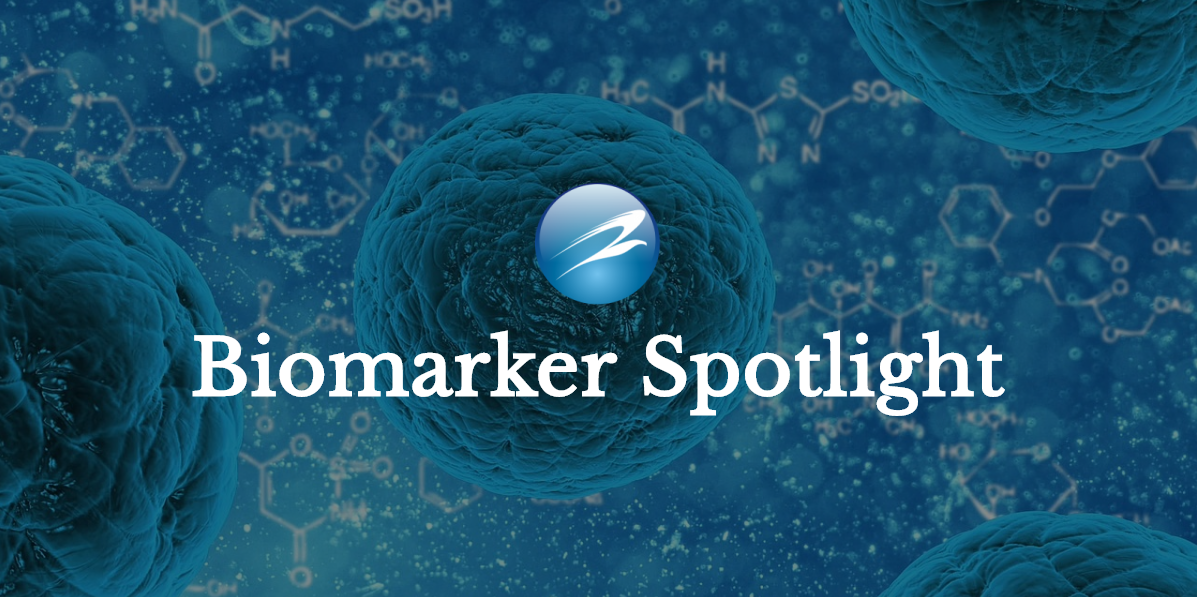
A new article published by Nelly Kanberg, et al. titled Neurochemical evidence of astrocytic and neuronal injury commonly found in COVID-19 has set out to study how COVID-19 impacts the central nervous system. It’s already known how this novel coronavirus effects the respiratory system, but does the body’s inflammatory response to this virus cause lasting effects to the nervous system?
For this study, two biomarkers in human plasma were measured; neurofilament light chain protein (NfL) and glial fibrillary acidic protein (GFAP). The samples came from patients who had mild, moderate or severe cases of COVID-19 (n=47). Of those 47 patients, the ones who had a severe case of COVID-19 showed higher concentrations of GFAP and NfL.
Glial Fibrillary Acidic Protien, or GFAP for short, is a known biomarker in the central nervous system (CNS) that is typically studied in those with brain injuries. When a brain injury occurs (concussion, retinal stess, tumors, etc.), GFAP is released into the blood stream and helps determine the severity of the injury. The results of this study help support and determine the relationship between COVID-19 and potentially lasting neural injuries.

